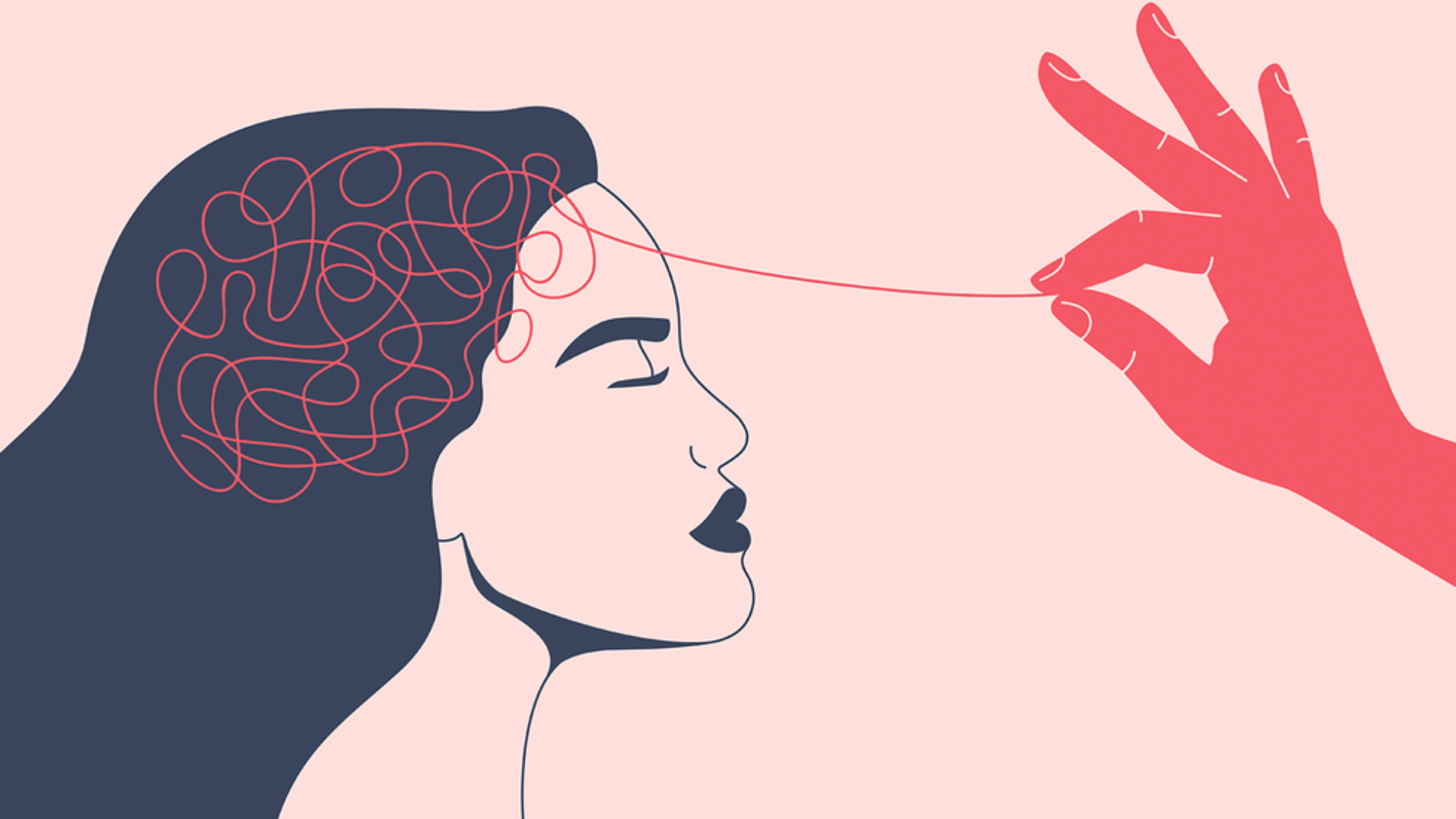Unmasking Gaslighting: The Impact of Emotional Manipulation
The Lasting Effects of Gaslighting on Mental Health
“You never told me I wasn’t allowed to talk about it.”
“Yes I did, I asked you last Wednesday to keep it quiet. We were sitting right here!”
“I would have remembered that. You must have just thought about telling me not to – you’re always having conversations in your head. I really don’t appreciate what you’re insinuating…”
If that sounds familiar, congratulations, you’ve been gaslit. Gaslighting is a subtle and harmful form of emotional manipulation where an individual is made to question their reality, memory, or perception. For young adults, a crucial period of self-discovery and independence, gaslighting can severely undermine mental health, causing long-lasting emotional damage. With the rise of social media exposure, young adults are increasingly susceptible to gaslighting, which can occur in personal relationships, friendships, or even in professional and educational settings.
How Gaslighting Affects Mental Health
Gaslighting can have profound effects on mental health, especially for young adults who are still building their sense of identity. The manipulator, often a partner, friend, or authority figure, subtly invalidates the victim’s feelings and thoughts, making them question their judgement and perception of reality. Over time, this can lead to a loss of confidence, self-worth, and a growing sense of dependency on the gaslighter.
Key mental health effects of gaslighting include:
- Anxiety and Depression: Repeated gaslighting leads to self-doubt and confusion, which can trigger chronic anxiety. Victims may feel trapped in a cycle of self-blame, constantly second-guessing themselves, which can contribute to feelings of hopelessness and depression.
- Emotional Instability: Gaslighting creates constant emotional turmoil. Young adults may feel confused, guilty, and unstable, unsure of what is real or what they can trust. This emotional instability can increase the risk of developing serious mental health issues such as post-traumatic stress disorder.
- Isolation: Victims of gaslighting often withdraw from friends and family. The gaslighter may manipulate the victim into believing they are overly sensitive or unreasonable, further isolating them from supportive relationships. This isolation can lead to loneliness, a common trigger for anxiety and depression in young adults.
- Loss of Self-Esteem: Gaslighting breaks down self-confidence. The victim becomes reliant on the gaslighter for validation, losing their ability to trust their own feelings and experiences. This loss of self-esteem can affect all areas of life, from academic performance to relationships.
In an age where young adults are already navigating stress from multiple factors in life, gaslighting can add an extra layer of psychological burden.
How to Identify Gaslighting
Gaslighting can be difficult to recognise, especially in its early stages, but being aware of the signs is the first step toward addressing it. Here are some common indicators:
- Questioning Your Reality: The gaslighter may tell you that what you saw or heard didn’t happen, causing you to question your memory.
- Twisting the Facts: Gaslighters often manipulate the truth to make you feel at fault, even when you know they are wrong.
- Minimising Your Feelings: The gaslighter might belittle or dismiss your emotions, telling you that you’re “too sensitive” or “overreacting.”
- Shifting Blame: Instead of accepting responsibility, the gaslighter blames you for their behaviour or actions, leaving you feeling guilty or responsible for problems.
- Constant Lying: The gaslighter repeatedly lies to distort the truth, creating confusion and uncertainty in your mind.
- Frequent Apologies from the Victim: If you find yourself apologising for things you haven’t done or constantly questioning your own behaviour, this could be a sign that you are being gaslit.
Recognising these signs early can help young adults take action before gaslighting severely impacts their mental health.
Preventing and Addressing Gaslighting
If you suspect that you are a victim of gaslighting, seeking support from trusted friends, family, or a mental health professional is crucial. Understanding that the behaviour of the gaslighter is manipulative and not reflective of your reality is an important step toward regaining your self-confidence and mental clarity. Keeping notes of what you said and when, can help you track conversations you had. Therapy, particularly cognitive behavioural therapy, is often effective in helping individuals break free from the effects of gaslighting and rebuild their emotional well-being.
Protecting your Long Term Mental Health
Gaslighting is a form of psychological abuse that can deeply affect mental health. Recognising gaslighting early is essential to preventing long-term emotional harm. If you or someone you know is experiencing gaslighting, consider reaching out to a mental health professional for support.


